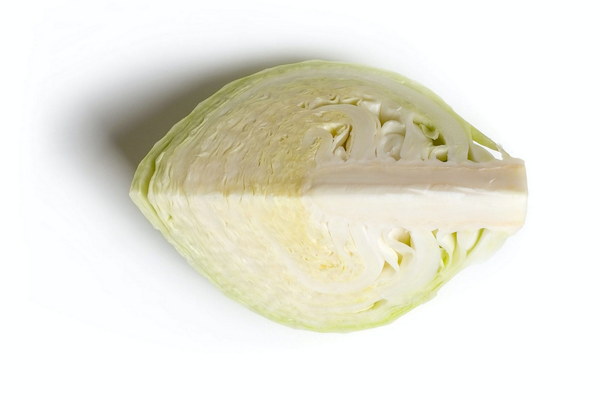Nourishing Tips for Weight Loss Due to Hyperthyroidism
Hyperthyroidism, a condition where the thyroid gland produces too much thyroid hormone, can lead to a myriad of symptoms, including weight loss. While it's important to manage the underlying thyroid disorder, it's equally crucial to address the nutritional needs of individuals suffering from hyperthyroidism-related weight loss. In this article, we will discuss various tips and strategies to help you nourish your body and maintain a healthy weight while managing hyperthyroidism.
1. Prioritize Protein Intake
Protein is essential for muscle repair and growth, and it helps to keep you feeling full for longer periods. Include lean protein sources such as chicken, turkey, fish, eggs, dairy products, and plant-based options like lentils, chickpeas, and tofu in your diet. Aim for about 0.8 to 1.0 grams of protein per kilogram of body weight daily.
2. Consume Complex Carbohydrates
Complex carbohydrates provide energy and help maintain blood sugar levels. Opt for whole grains, legumes, fruits, and vegetables as they are rich in fiber and essential nutrients. Avoid processed and refined carbohydrates, as they can cause rapid spikes in blood sugar levels.
3. Healthy Fats Are a Must
Healthy fats are essential for hormonal balance, brain function, and the absorption of fat-soluble vitamins. Include sources of monounsaturated and polyunsaturated fats in your diet, such as avocados, nuts, seeds, and olive oil. Avoid trans fats and excessive saturated fats.
4. Stay Hydrated
Proper hydration is crucial for overall health and helps to maintain energy levels. Aim to drink at least 8 glasses of water daily, and adjust your intake based on your activity level and climate.
5. Incorporate Nutrient-Rich Foods
Ensure that your diet is rich in essential vitamins and minerals to support thyroid function and overall health. Include the following foods:
- Iron: Red meat, poultry, fish, lentils, chickpeas, and fortified cereals.
- Calcium: Dairy products, leafy green vegetables, and fortified plant-based milk alternatives.
- Magnesium: Nuts, seeds, whole grains, and legumes.
- Selenium: Brazil nuts, seafood, and whole grains.
- Vitamin D: Fatty fish, egg yolks, and fortified dairy products.
- Vitamin B12: Dairy products, eggs, and fortified cereals.

6. Monitor Your Caloric Intake
Although it's important to focus on nutrient-dense foods, it's also crucial to monitor your caloric intake to avoid excessive weight loss. Work with a registered dietitian or healthcare professional to determine your ideal caloric needs based on your age, sex, height, weight, and activity level.
7. Time Your Meals
Eating small, frequent meals throughout the day can help maintain stable blood sugar levels and prevent fatigue. Aim to eat every 3 to 4 hours, and make sure to include a source of protein with each meal.
8. Manage Stress
Chronic stress can exacerbate hyperthyroidism symptoms and impact your overall health. Incorporate stress-reducing techniques such as meditation, deep breathing exercises, and yoga into your daily routine.
9. Seek Professional Guidance
If you're struggling with hyperthyroidism-related weight loss, it's important to seek professional guidance from a healthcare provider and a registered dietitian. They can help you create a personalized plan to address your nutritional needs and manage your thyroid disorder.
By following these tips and strategies, you can help nourish your body and maintain a healthy weight while managing hyperthyroidism-related weight loss. Remember, it's important to work with healthcare professionals to ensure that your treatment plan is tailored to your specific needs and circumstances.









